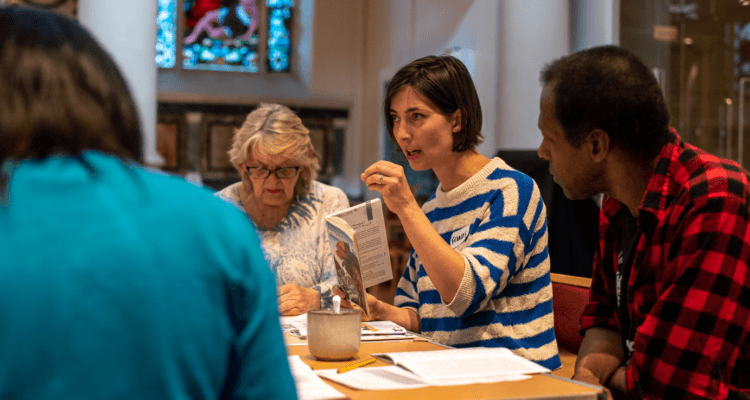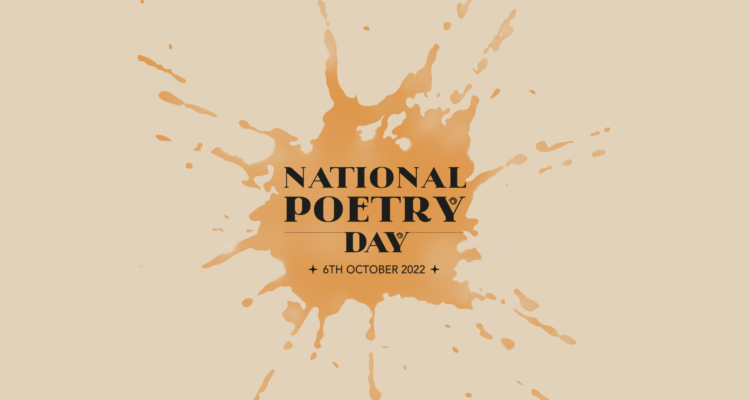Venetian dreams
I have just (reluctantly) returned from Venice and although my body is back in England, my spirit has stayed there. I’m unwilling to let go of the romantic surreality of the watery metropolis. I want to soak it all up – the architectural magnificence, the dilapidated beauty of the place, the history and mystery that permeates from each street and canal – and of course, I’m not the only one. Literature about Venice, inspired by Venice, created in Venice is abundant (click here to see a few titles). It is obvious what lured artists and writers to this city - its dark mysticism and uniqueness is a challenge to our sense of normality and I suppose that’s its pull…
Since I have been back, Lord Byron’s ‘Beppo’, Ernest Hemingway’s Across the River and into the Trees and Thomas Mann’s ‘Death in Venice’ have been quickly devoured in an attempt to re-live walking along those narrow back canals, imagining the past that clings to the disintegrating stones and aware of its transitoriness. Each of these texts brings very different qualities of the city back to life and I can appreciate them all, glorifying and disapproving. These three works show very differing approaches to Venice, some majestic, some threatening and some peaceful. Yet it is Italo Calvino’s Invisible Cities that utterly captures the ambiguous nature of Venice. Constructed as a series of short accounts of ‘made-up’ cities by Marco Polo to Kublai Khan, the descriptions offered are of just one place - Venice. So beautiful in its narrative style it is more akin to reading poetry, Calvino’s masterpiece brings together the fantastical and authentic, the celebrated and deprecated elements of the city. It is in the pages of this book that I can experience all the varying sensations that Venice offers, a true testimony to its uniqueness.
Share
Related Articles

Reader Revisited: Reading with Looked-After Children by Grace Frame
We're taking a trip down memory lane and revisiting articles from The Reader Magazine. This article first appeared in issue…

Meet The Reader: Staff Spotlight with Frances
Saturday 30 September is International Podcast Day so this month we got chatting to Frances MacMillan, the Head of Literary…

National Poetry Day 2022
To celebrate National Poetry Day 2022, The Reader has created a new poetry anthology exploring this year's theme, The Environment.…


